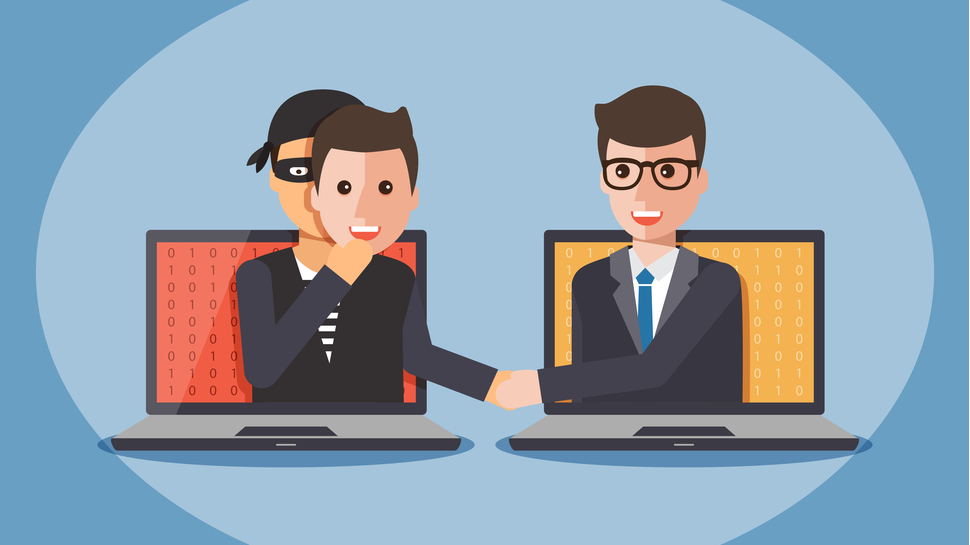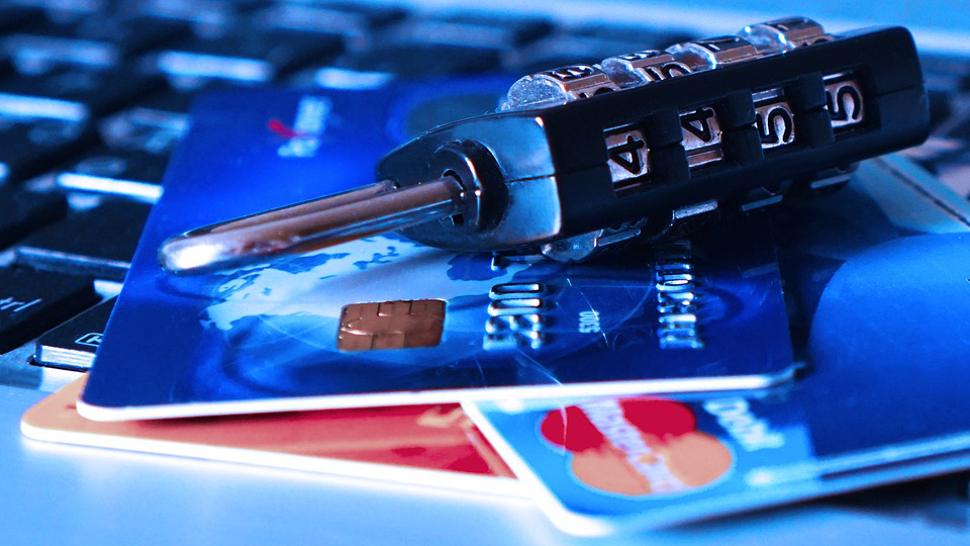Identity fraud is a considerable risk that we live with daily. Unfortunately, like death and taxes, it is inevitable, and while you can take every step to protect your data at home, your bank is always possible to get hacked.
So, what happens if your ID has been stolen? How can you tell if you are a victim of ID fraud? And what happens next?
- Protect your privacy online with one of the best VPN services
- We've put together a list of the best secure routers
- These are the best anonymous browsers available now
Your ID might have already been stolen
There is a strong chance that your ID has already been stolen. Over the years, a large number of data breaches have resulted in millions of records of data being leaked on the internet. Bank details, PayPal accounts, social media logins, mortgage applications, even medical records - pretty much every type of data you can think of has been leaked. These events occur thanks to hackers finding vulnerabilities in data servers, exploiting these, and reaping the rewards.
Meanwhile, there's the risk of phishing from emails, SMS, and instant messaging. With one wrong click, you're taken to a spoofed website designed to look like a bank or online store, and you end up submitting your details to a scammer.
On top of this, you have the problem of targeted theft, either via purse snatching, dumpster diving (for discarded bank statements and letters), or even direct theft of your documents.
In terms of being involved with a data breach, you can check this by visiting Have I Been Pwned. Enter your email address (check them all if you have more than one) to see if your records have been leaked.
Then change your password.
With regards to ID theft overall, let's take it as read that your identity has been stolen somehow. What happens next?
How to tell if you are an ID fraud victim
We live with the permanent risk of ID fraud. You might not even know if you're a victim. Usually, though, you'll find out when it's too late to do anything about it.
Warning signs of ID fraud include:
- Unexplained credit or debit card charges
- Missing statements
- Declined credit card
- Refusal of a new loan
- Calls from debt collectors
Other tell-tale signs include the arrival of strange packages (the fraudsters planning to collect them before you spot them on your doorstep, perhaps) and your social media accounts - particularly Facebook - taken over.
The impact of ID fraud is almost always devastating.

What happens when someone steals your identity?
Usually, identity theft occurs wholly online. First, your records are traded and available to crime groups to browse, like a catalog, on the Dark Web. Then, with massive databases available to search for likely targets, automation is used to simultaneously target thousands of potential victims at once. This is how phishing operations work.
However, there are occasions when identity theft happens offline or data gathered from the internet is used in a physical context. For example, rather than pose as you online, an identity thief may claim to be you at a bank or use your details to try and buy a car (perhaps with the help of a counterfeit driving license).
The end game is always to get as much money as possible, as quickly as possible, before moving on, leaving you none the wiser. It is unusual for ID fraud to occur over more than a few weeks - after all, once the credit card statements arrive, the game is up. However, targeted identity theft can occur over a more extended period, particularly for high-income "marks."
Whatever the intricacies of the case, identity theft is highly distressing. Finances are left in tatters, reputations potentially ruined. Long-standing relationships, and marriages, have been damaged and worse by identity theft.
Overcoming identity theft
There are two sides to coping with identity theft:
- Rebuilding your finances
- Dealing with the emotional impact
Getting your finances back on track is perhaps the most straightforward. Banks, credit card companies, and other creditors have procedures to deal with victims.
- Contact your banking company (and other creditors) to report missing cards and fraudulent activity.
- Contact credit reference agencies such as Equifax and Experian. They can place an ID fraud alert on your reports.
- Victims in the USA should contact the Federal Trade Commission (FTC) to complete the Identity Theft Affidavit and receive verification of the ID theft.
- UK victims can contact Action Fraud.
- Contact your local police force to report the theft when physical documents have been stolen.
If you have been a victim of ID theft, you should not be liable for the stolen money. ID theft mustn't be down to your own mistakes, which is why it is vital to maintain reasonable security practices.
The emotional impact of identity theft is another matter entirely.
Fortunately, you're not alone. Several services are available for you to contact to help you come to terms with the upheaval that ID fraud places on your life.
US readers can get in touch with American Consumer Credit Counseling (ACCC), which specializes in financial education and related services.
If you're in the UK, seek counseling using the Counseling Directory. The Citizens Advice Bureau is also helpful, although its advice may be more instructive than comforting.

Do not let ID fraud ruin your life
We're almost all victims of identity theft, but not all of us have been hit by identity fraud. Perhaps you've had your credit card stolen or misused - this is bad enough but pales in comparison with the effects of identity fraud.
If you've been an ID fraud victim, you know how much work is required to deal with the crime. There are forms to fill out, phone calls, and weeks of uncertainty. Will the money be refunded? Will the perpetrators be caught? Can you handle the upheaval?
ID fraud might turn your life upside down. Please take advantage of every law enforcement service, banking action line, and counseling resource to help you report, resolve, and get through it.
- We've also highlighted the best identity theft protection
from TechRadar - All the latest technology news https://ift.tt/hgWUC7Q
No comments:
Post a Comment